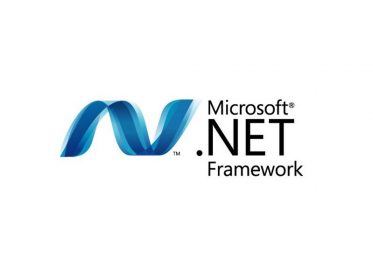.Net – Web Developer Course

About Course
A “.NET – Web Developer Course” typically refers to a training program or course designed to teach individuals the skills and knowledge needed to become a web developer using the .NET framework. .NET is a powerful and popular platform developed by Microsoft that supports web, desktop, mobile, cloud, and IoT applications.
A .NET web developer course may cover a wide range of topics related to web development using the .NET ecosystem, and it is commonly focused on the following key areas:
1. Introduction to .NET: Understanding the .NET framework and its components, including the Common Language Runtime (CLR) and the .NET class library.
2. C# Programming: Learning C#, the primary programming language used in .NET development, and understanding its syntax, data types, control structures, and object-oriented features.
3. ASP.NET Core: Exploring ASP.NET Core, the modern and cross-platform framework for building web applications in .NET. Topics may include creating controllers, views, and models, as well as using Razor syntax for dynamic content.
4. Web APIs: Understanding how to build and consume RESTful APIs using ASP.NET Core Web API for creating backend services and enabling communication between client and server.
5. Frontend Development: Learning frontend technologies like HTML, CSS, and JavaScript to create responsive and interactive user interfaces.
6. Entity Framework Core: An introduction to Entity Framework Core for working with databases and performing database operations using object-relational mapping (ORM) in .NET applications.
7. Authentication and Authorization: Understanding how to implement user authentication and authorization using ASP.NET Core Identity and other security mechanisms.
8. Deployment: Learning how to deploy .NET web applications to various hosting platforms, including cloud services like Microsoft Azure.
9. Testing and Debugging: Exploring techniques for testing and debugging .NET web applications to ensure their functionality and reliability.
10. Performance Optimization: Learning strategies and best practices for optimizing the performance of .NET web applications.
11. Real-world Projects: Working on practical projects and assignments to apply the learned concepts and gain hands-on experience in .NET web development.
12. Version Control: Understanding how to use version control systems like Git to manage code changes collaboratively.
It’s essential to review the course syllabus and ensure that the course aligns with your learning goals and the specific aspects of .NET web development you are interested in. Additionally, staying updated with the latest advancements in .NET and web development technologies will be beneficial for your career as a .NET web developer.
Course Content
Introduction to .NET Core and Web Development
-
Introduction to .NET Core framework and its components
-
Setting up a .NET Core development environment (Visual Studio, .NET Core SDK, etc.)
-
Overview of web development technologies (HTML, CSS, JavaScript)

